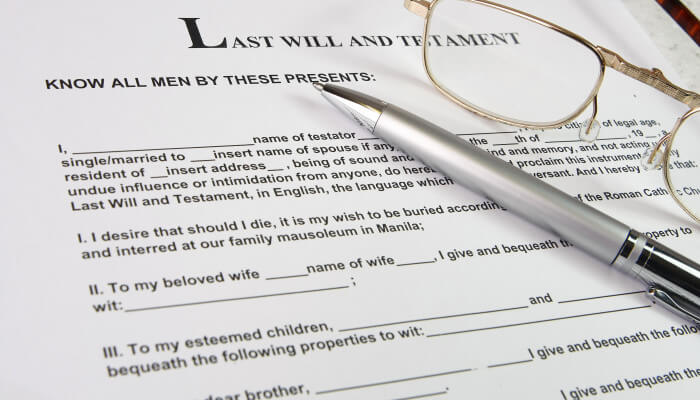The rules outlined in Michigan law direct the distribution of property in the event that a deceased person did not leave a will, and they apply to any property that was not under joint ownership or did not have a designated beneficiary.


The rules outlined in Michigan law direct the distribution of property in the event that a deceased person did not leave a will, and they apply to any property that was not under joint ownership or did not have a designated beneficiary.

If you’re hoping to create a flexible estate plan for every stage of life, you may find that a revocable living trust meets your needs. These popular estate planning tools cover the three phases of life — your lifetime, your possible disability due to injury or illness, and your death.

By setting up a trust as part of your estate plan, you help ensure that your loved ones have the financial resources they need after your death. You can use a trust to hold assets including cash, investments and property, which are distributed to beneficiaries according to your wishes.

The death of a loved one is a difficult time for those left behind. The situation can become even more painful if you feel that you have reason to contest your family member’s will or trust. Working with an experienced estate attorney is the first step in achieving closure and moving on with your life.

A living trust is a legal document that allows you to explain exactly how you want your assets handled, appoint heirs and to name a trustee, who will fulfill the role of an executor upon your death. The living element of a living trust allows you to do all this while you are still living.

Ensuring that the ones you care for most are taken care of is an important goal for many people – particularly those with substantial assets. You want to pass on your possessions in a way that protects those possessions and makes certain that they wind up in the hands of those you specify. While wills are one tool to accomplish such a goal, using a will requires going through probate, which can be an unnecessary burden on your loved ones.

Americans often take a hands-off approach to estate planning. Many people resist the idea of death and planning for when it happens. The results of this reluctance are clear: 51 percent of Americans aged 55 to 64 do not have a will. Look at younger brackets, like 45 to 54, and this percentage increases to 62 percent.
